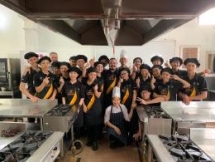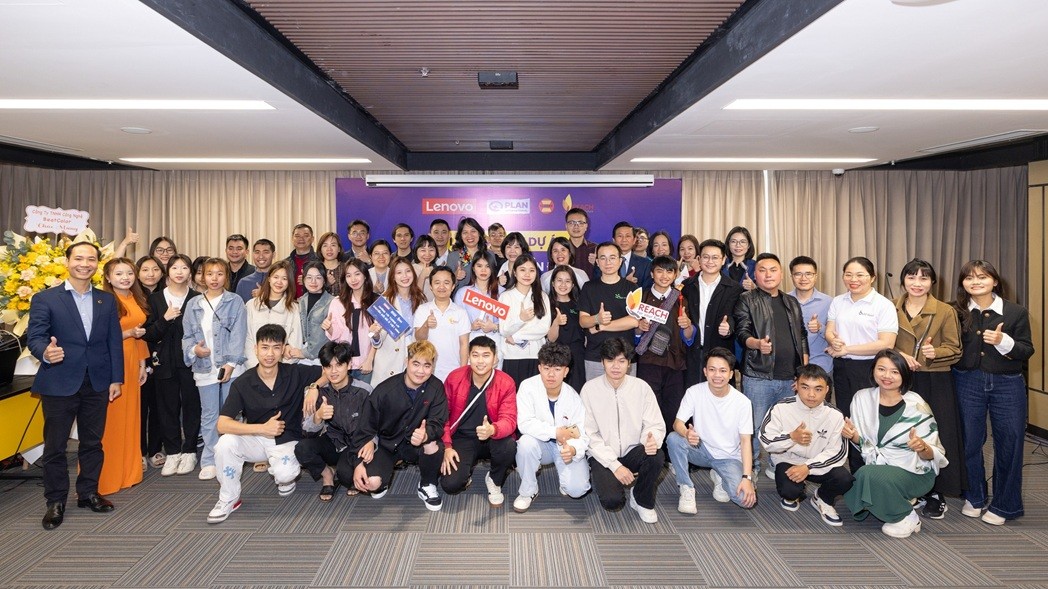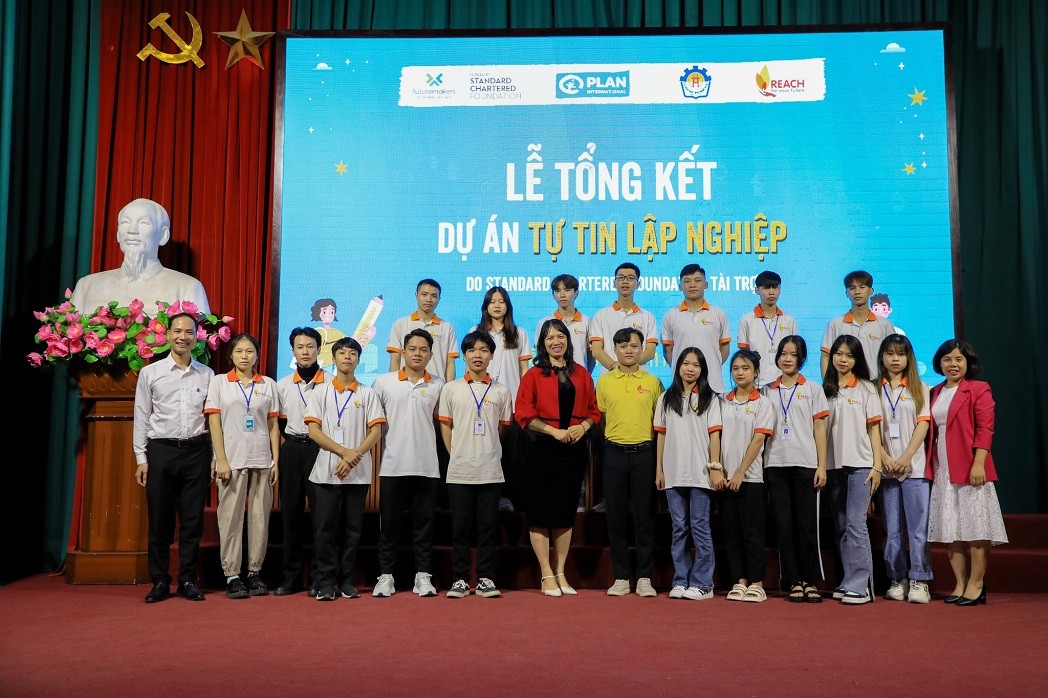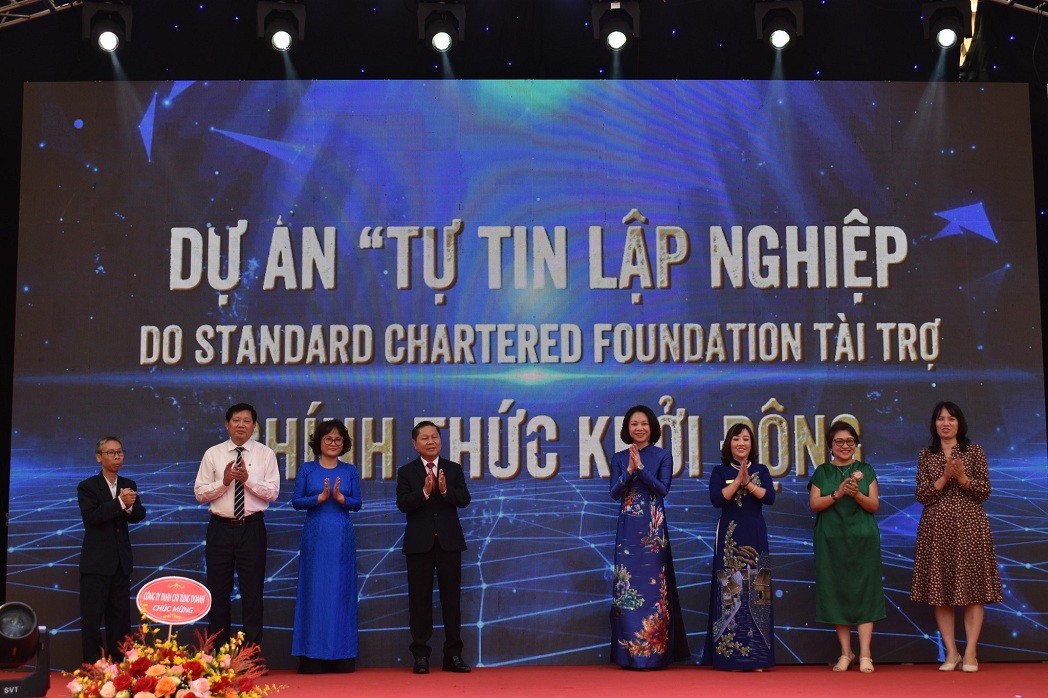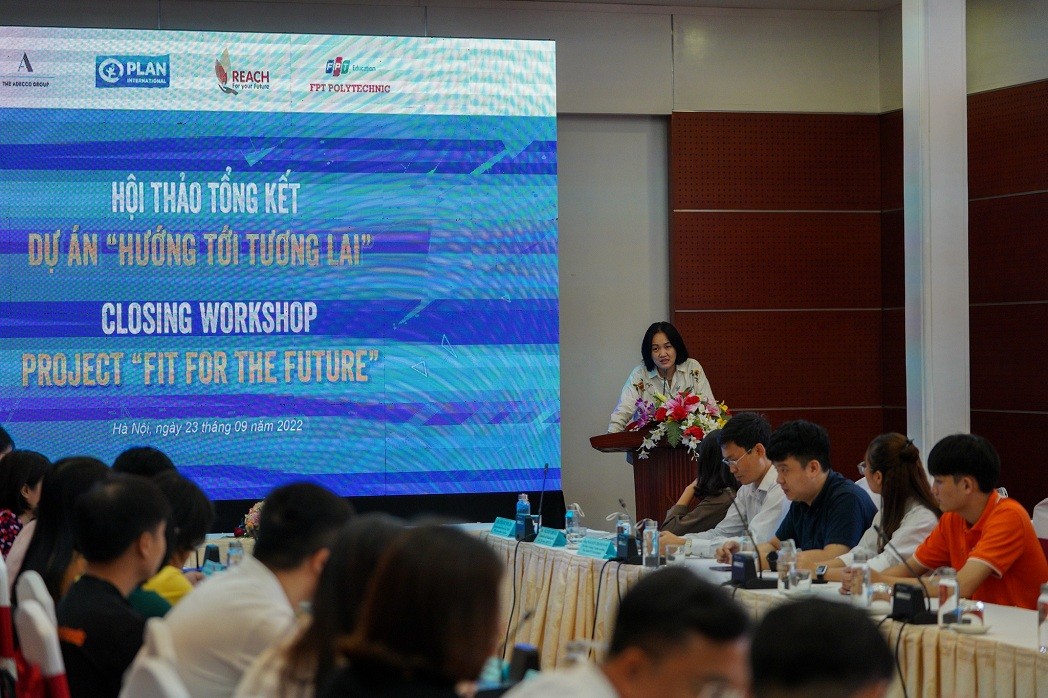Vietnamese-Australian man starts cooking school for street kids in Vietnam
| KOTO trainees’ learnt from well-known cook Adam Liaw | |
| KOTO, where cocoons turn into butterflies |
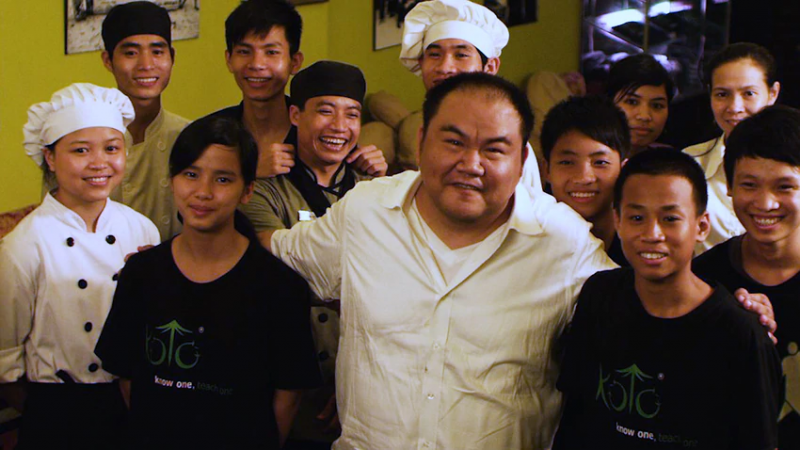 |
| Source: Dateline |
The Australian-Vietnamese tour guide from Melbourne had no relevant qualifications and admits he didn’t know what he was doing.
He only knew that he wanted to help and even that wasn’t helping.
“I was living the philosophy of give a man a fish today,” Pham says.
“If I'd see a street kid I'd help them by giving them money. I wasn't helping at all. So, I went on a new chapter of my life to show them how to fish.
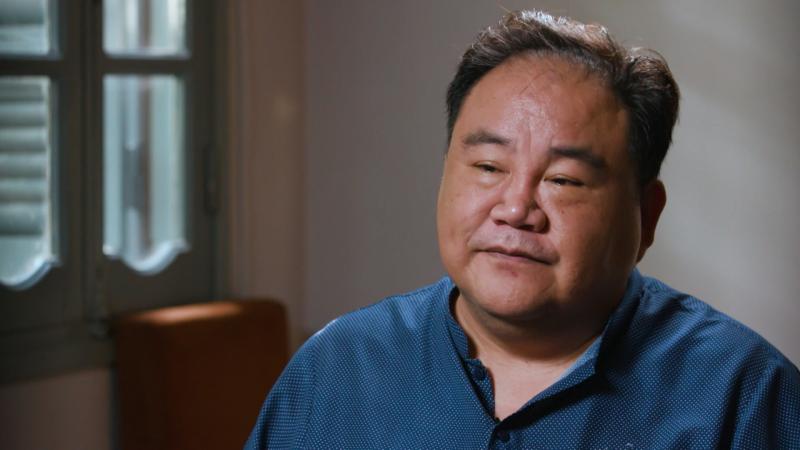 |
| When Jimmy Pham began KOTO he admits he didn't know what he was doing. Source: Dateline |
Pham started ‘Know One, Teach One,’ a hospitality training centre in Hanoi giving disadvantaged youth a chance to break the cycle of poverty.
Twenty years later, KOTO is an internationally recognised hospitality boarding school with alumni working in Vietnam’s best hotels and restaurants.
In the early days the students came from Hanoi’s streets. Today, they’re from Vietnam’s minority ethnic groups, orphans, gangs and victims of abuse and broken families.
New recruit Duong’s story is typical.
"My parents both passed away at a very young age.
“My dad got gastric disease… My mum got a brain tumour.
“[My] family is poor. I can’t afford to study, or even to live, so I decided to apply to KOTO,” she said.
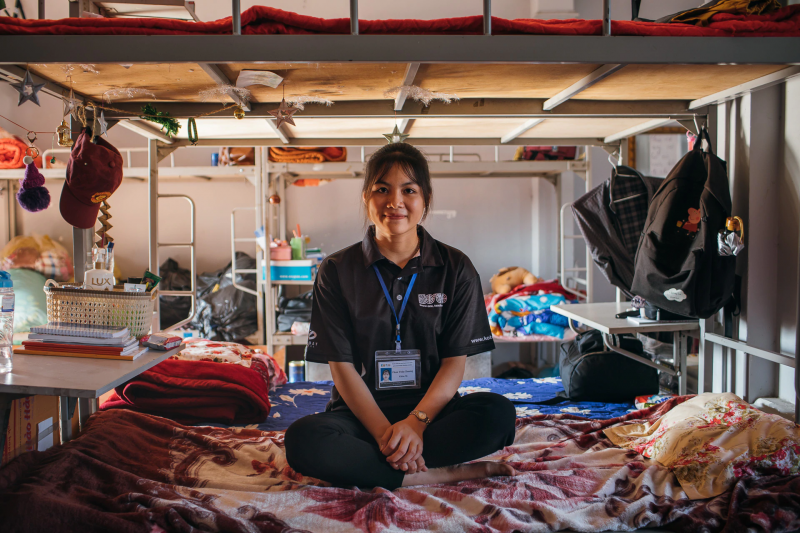 |
| 18-year-old Duang says KOTO has given her an opportunity for a better life. Source: Dateline |
The 18-year-old is from Ha Tinh, the same province as many of the 39 people who were found dead in a refrigerated lorry in the UK last year.
They left Vietnam in search of work; Duong was close to following in their footsteps.
“If I didn’t have the chance to study cooking at this school, the opportunities for me to find a job in this country are very limited. I’d have to go overseas to get a job,” she said.
The World Bank estimates that 7 million Vietnamese live in poverty. Many are children and most of them live rurally.
Despite rapid urbanisation and phenomenal economic growth, around 40 percent of Vietnam's population work in agriculture.
The communist government, however, has steered away from a centrally-planned farming model to a market economy where sectors like tourism are booming.
It’s here that Jimmy Pham sees job opportunities for his students.
Just don’t call KOTO a charity
“It's a hand up, not hand out,” says Pham, “people have to be empowered.”
Over 700 students have gone through KOTO’s doors in 20 years but for Pham, it’s about more than skills. It’s about creating an environment where young people are encouraged and valued.
“I remember all my kids’ names,” he said,
“If I tell you who sponsored us 7 years ago I won't remember their names but if you ask about my kids I'll be able to tell you who was in the class 20 years ago.
“I gave them a family.”
Recommended
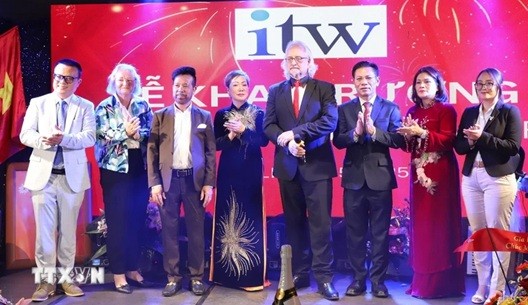 Overseas Vietnamese
Overseas Vietnamese
Language and Vocational School for Vietnamese launched in Germany
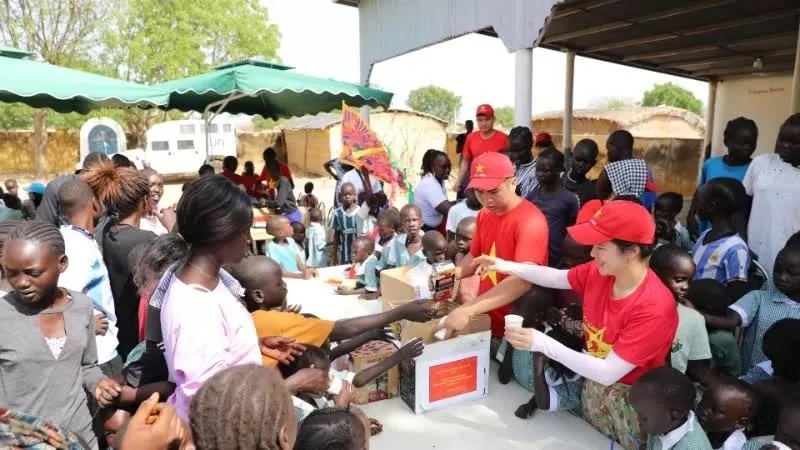 Overseas Vietnamese
Overseas Vietnamese
A Heart-warming International Children's Day in Abyei
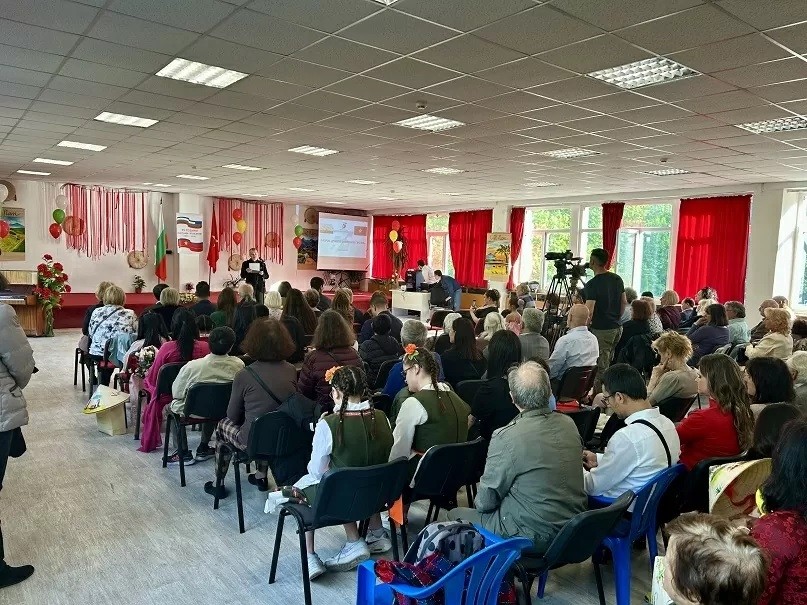 Overseas Vietnamese
Overseas Vietnamese
Art Program Deepens Vietnam-Bulgaria Cultural Exchange and Friendship
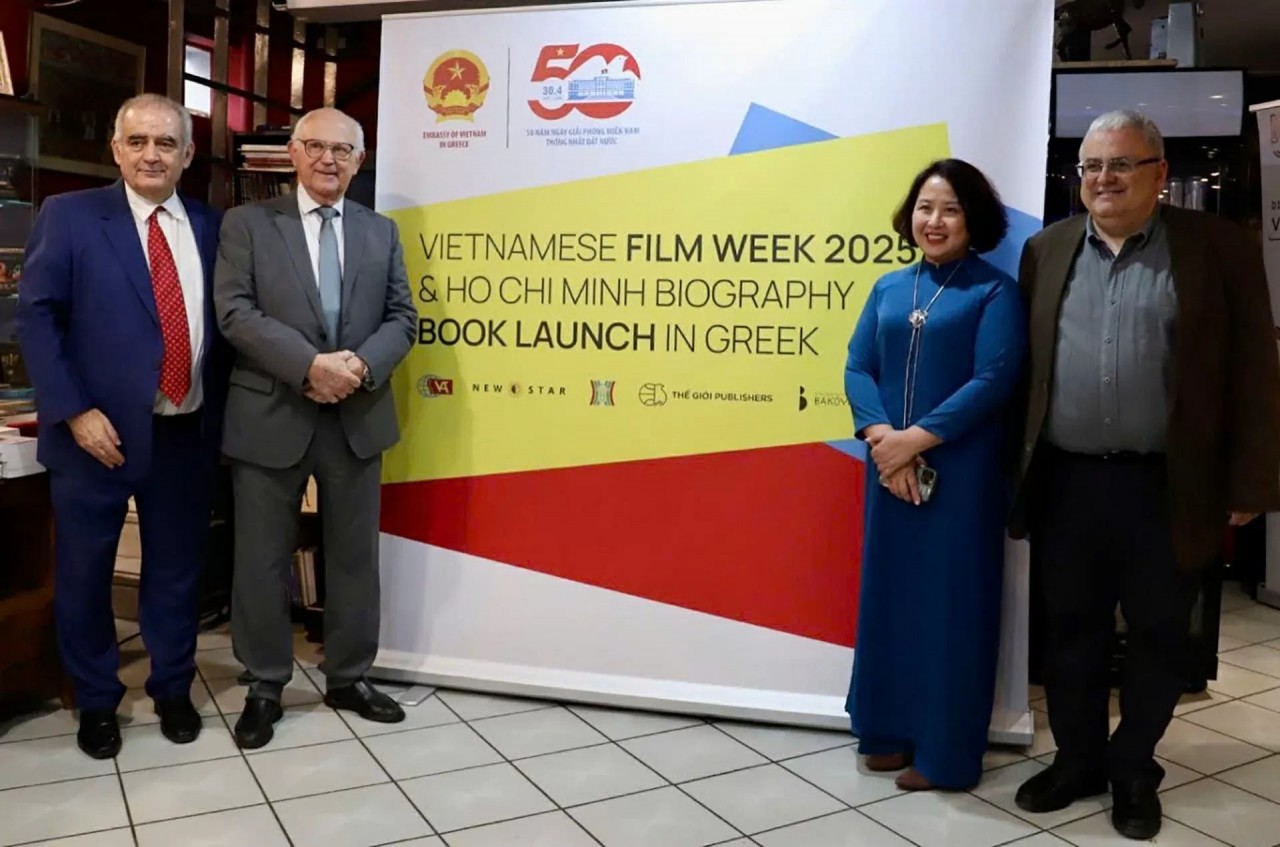 Overseas Vietnamese
Overseas Vietnamese
First Vietnamese Film Week Opens in Greece
Popular article
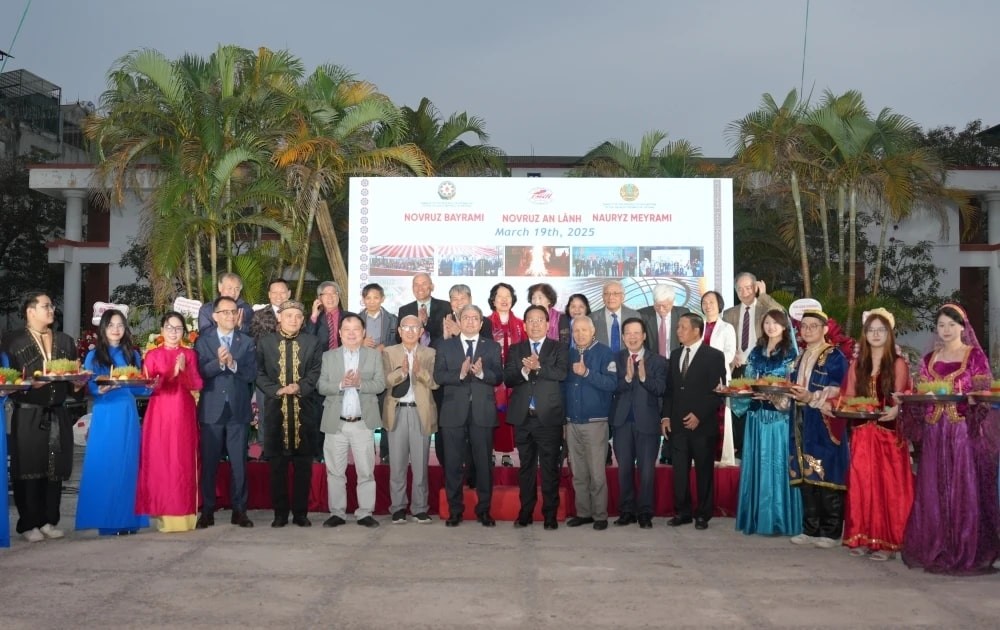 Overseas Vietnamese
Overseas Vietnamese
Strong Bonds Between Vietnam And Belarus, Azerbaijan, and Kazakhstan
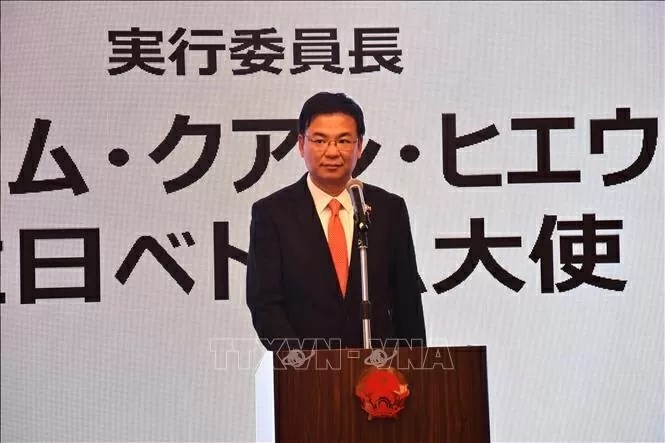 Overseas Vietnamese
Overseas Vietnamese
Vietnam Festival in Tokyo To Be Held for 18th Time
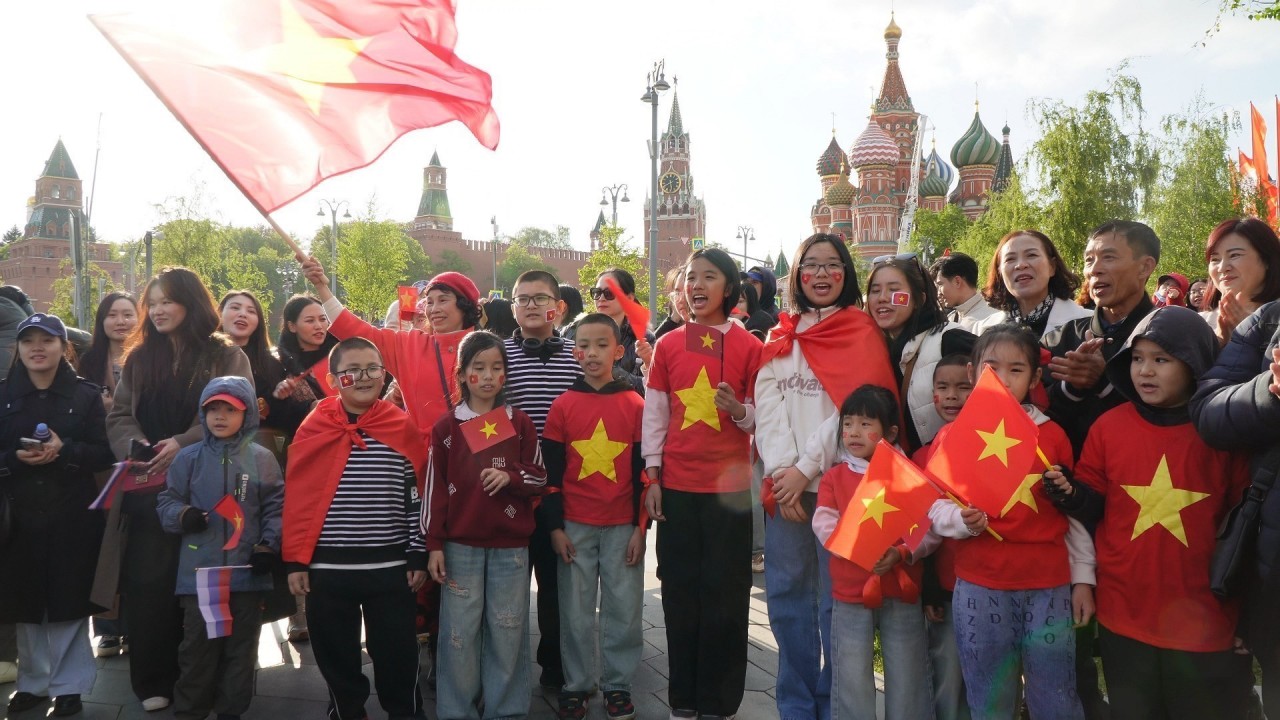 Focus
Focus
Overseas Vietnamese in Russia Welcome Vietnam People's Army Delegation at Red Square
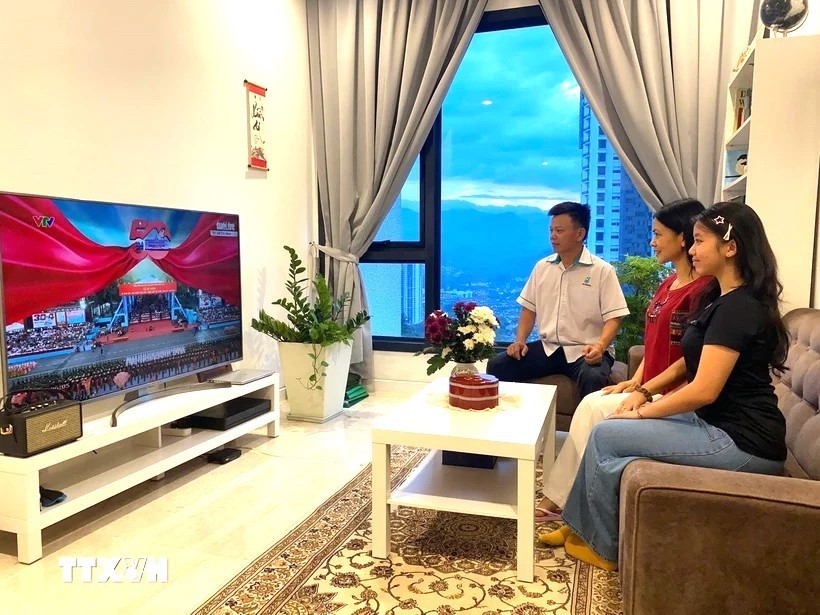 Overseas Vietnamese
Overseas Vietnamese

